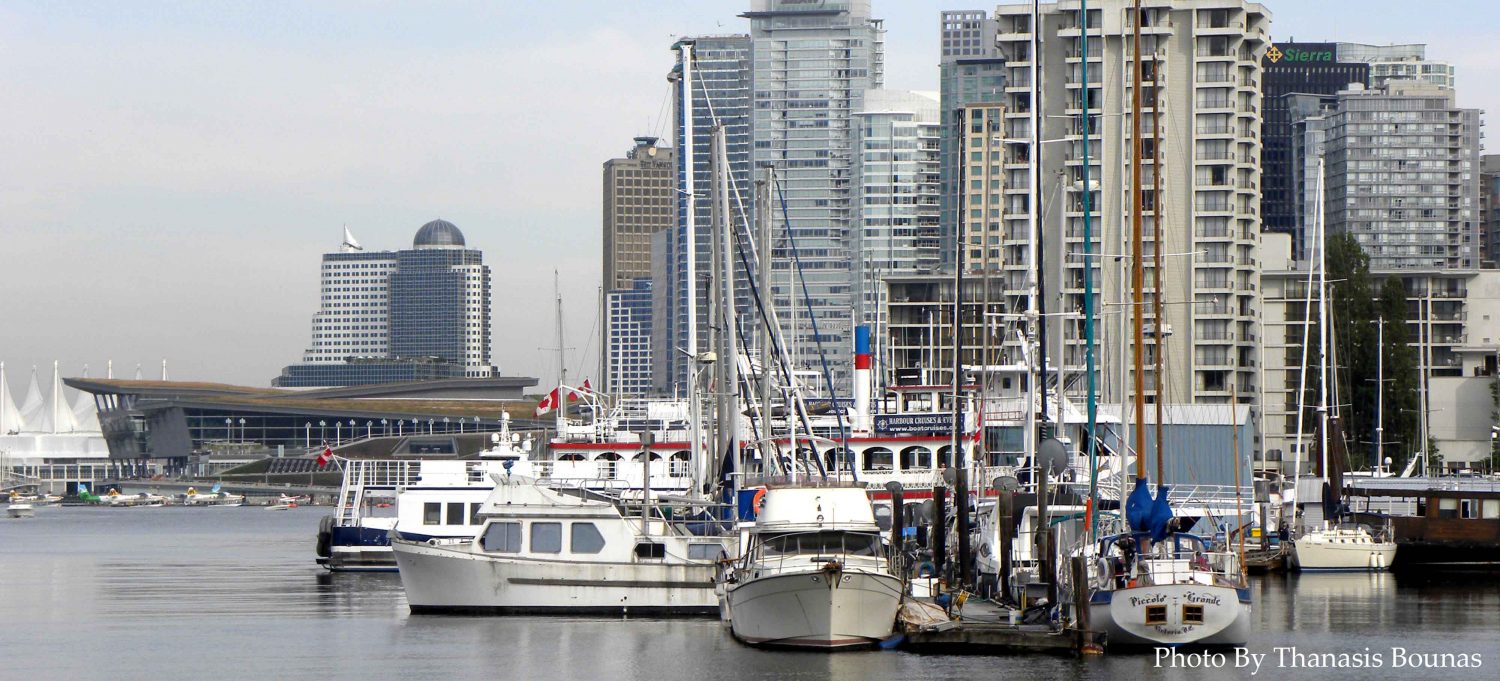
Nuu-chah-nulth
The Nuu-chah-nulth also formerly referred to as the Nootka, Nutka, Aht, Nuuchahnulth or Tahkaht, are one of the indigenous peoples of the Pacific Northwest Coast in Canada. The term Nuu-chah-nulth is used to describe fifteen related tribes whose traditional home is on the west coast of Vancouver Island.
In precontact and early post-contact times, the number of tribes was much greater, but smallpox and other consequences of contact resulted in the disappearance of some groups and the absorption of others into neighbouring groups. The Nuu-chah-nulth are related to the Kwakwaka’wakw, the Haisla, and the Ditidaht First Nation. The Nuu-chah-nulth language one of the Wakashan languages, as is Makah, from northwest Washington.
History
Contact with Europeans

When James Cook first encountered the villagers at Yuquot in 1778, they directed him to “come around” (Nuu-chah-nulth nuutkaa is “to circle around”) with his ship to the harbour. Cook interpreted this as the native’s name for the inlet—now called Nootka Sound. The term was also applied to the indigenous inhabitants of the area.
The Nuu-chah-nulth were among the first Pacific peoples north of California to encounter Europeans, who sailed into their area for trade, particularly the Maritime fur trade. Competition between Spain and the United Kingdom over control of Nootka Sound led to a bitter international dispute around 1790, called the Nootka Crisis. It was settled under the Nootka Conventions of the 1790s, when Spain agreed to abandon its exclusive claims to the North Pacific coast. Negotiations to settle the dispute were handled under the aegis and hospitality of Maquinna, a powerful chief of the Mowachaht Nuu-chah-nulth.
A few years later, Maquinna and his warriors captured the American trading ship Boston in March 1803. He and his men killed the captain and all the crew but two, whom they kept as slaves. After gaining release, John R. Jewitt wrote a classic captivity narrative about his nearly 3 years with the Nuu-chah-nulth and his reluctant assimilation to their society. This 1815 book is entitled Narrative of the Adventures and Sufferings of John R. Jewitt;, Only Survivor of the Crew of the Ship Boston, during a Captivity of Nearly Three Years among the Savages of Nootka Sound: With an Account of the Manners, Mode of Living, and Religious Opinions of the Natives. In the end, Jewitt escaped with the help of Wickaninnish, a chief from an opposing group.

In 1811 the trading ship Tonquin was blown up in Clayoquot Sound. Tla-o-qui-aht and his warriors had attacked the ship in revenge for an insult by the ship’s captain. The captain and almost all the crew were killed and the ship abandoned. The next day warriors reboarded the empty ship to salvage it. However, a hiding crew member set fire to the ship’s magazine and the resulting explosion killed many natives. Only one crew member, a pilot / interpreter hired from the nearby Quinault nation, escaped to tell the tale.
From earliest contact with European explorers up until 1830, more than 90% of the Nuu-chah-nulth died as a result of infectious disease epidemics, particularly malaria and smallpox. Europeans carried these endemic diseases but the First Nations had no immunity to them (Native American disease and epidemics). The high rate of deaths added to the social disruption and cultural turmoil resulting from contact with Westerners. In the early 20th century, the population was estimated at 3,500.
Source From Wikipedia, the free encyclopedia

Be the first to comment